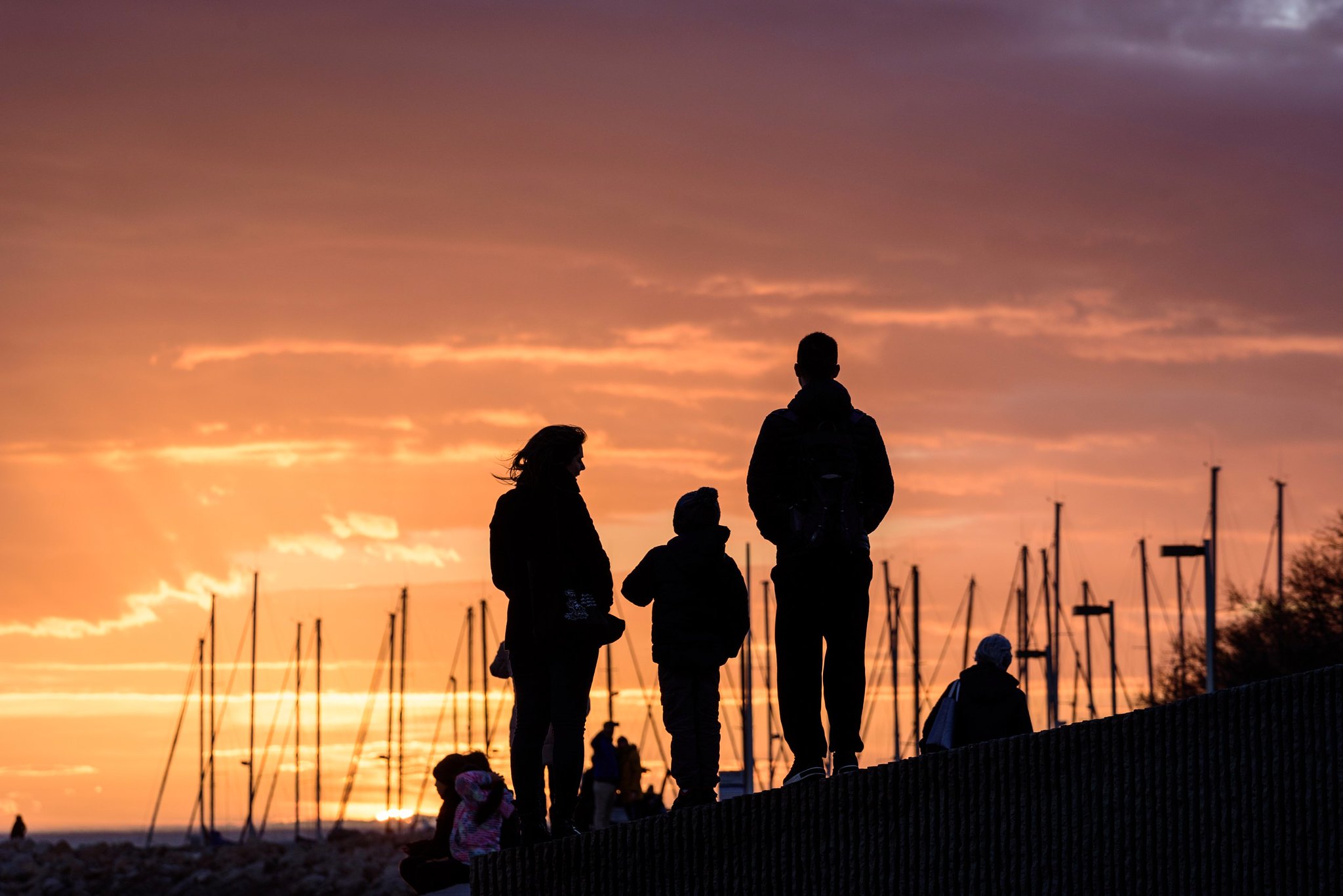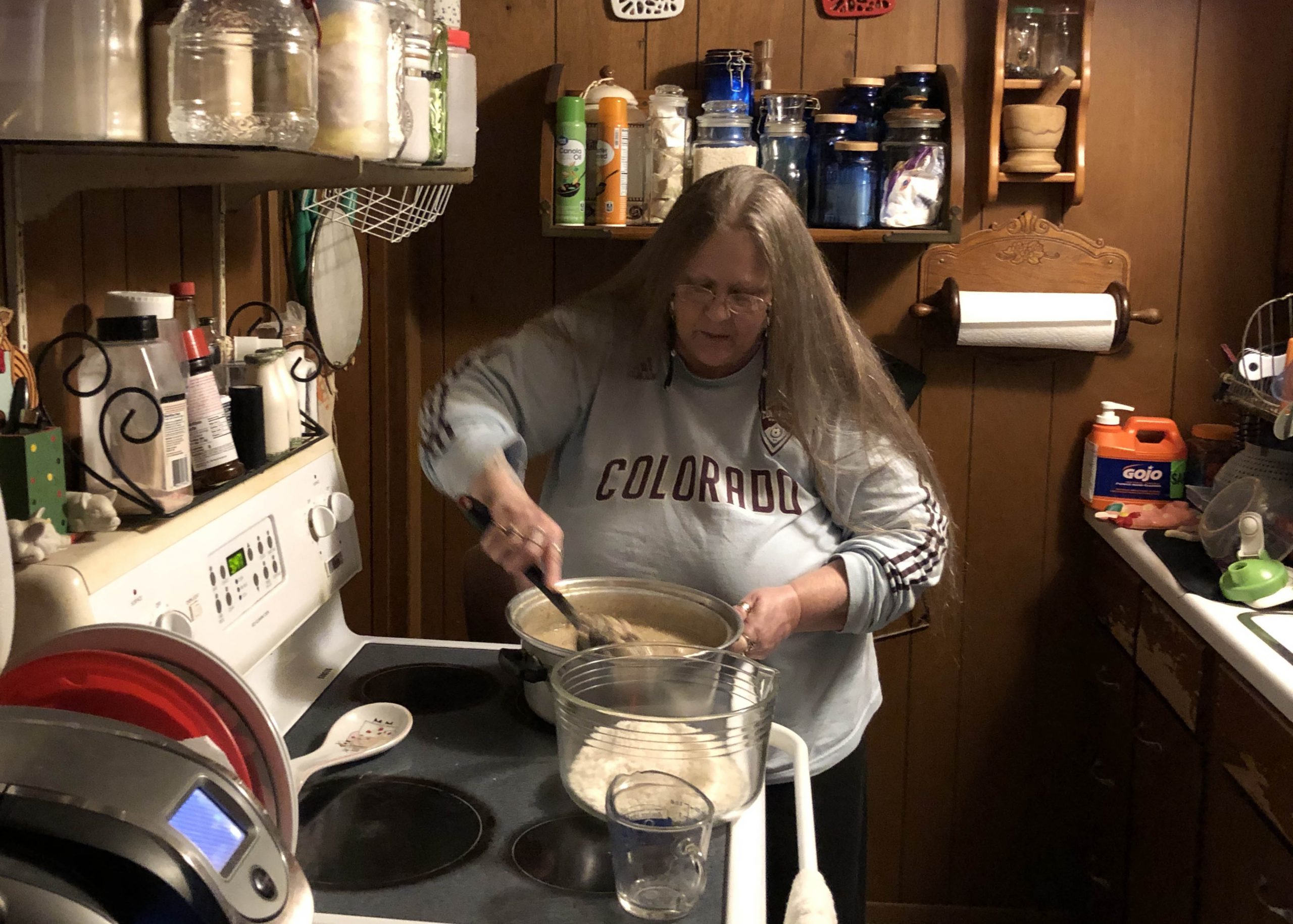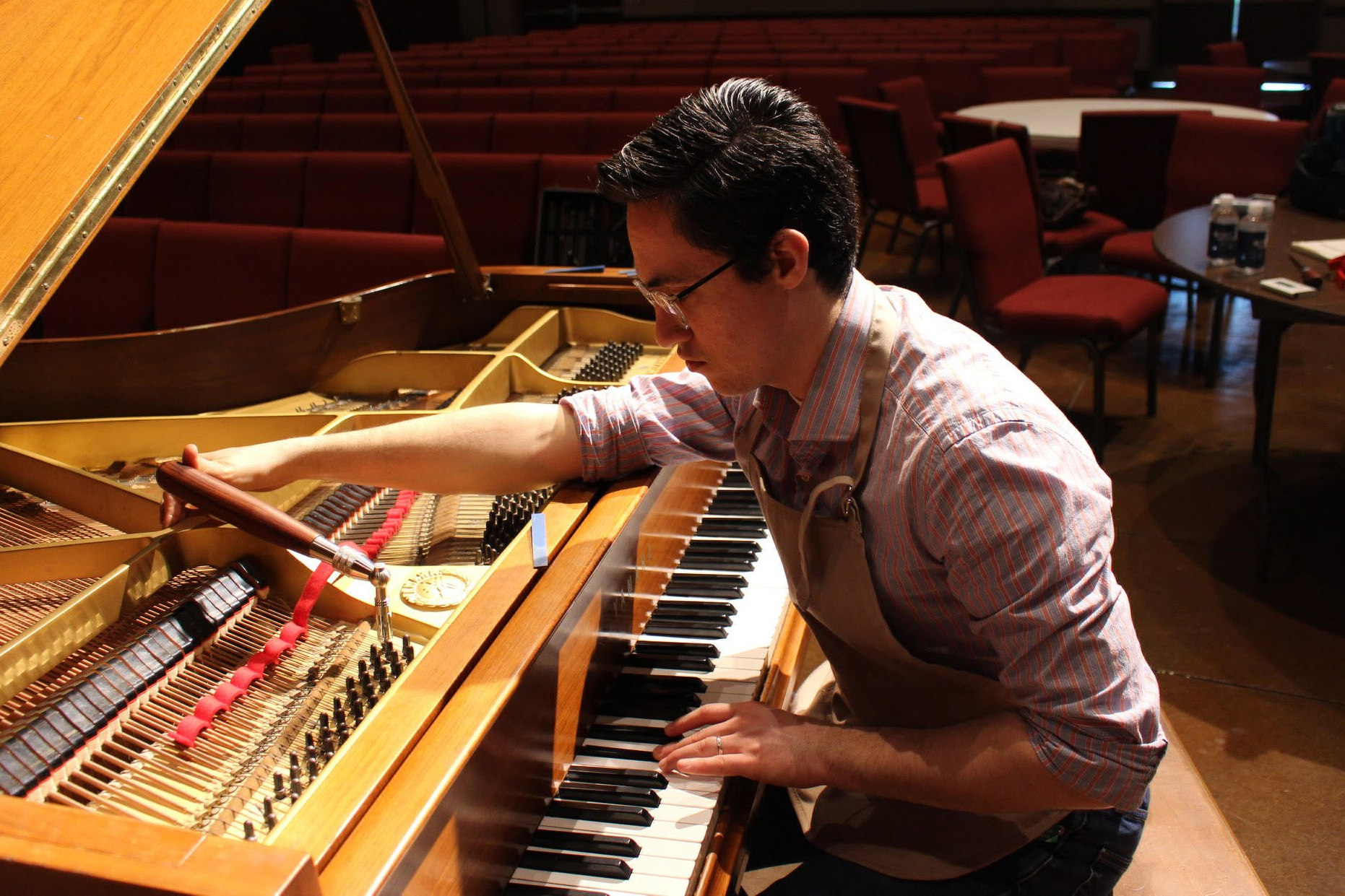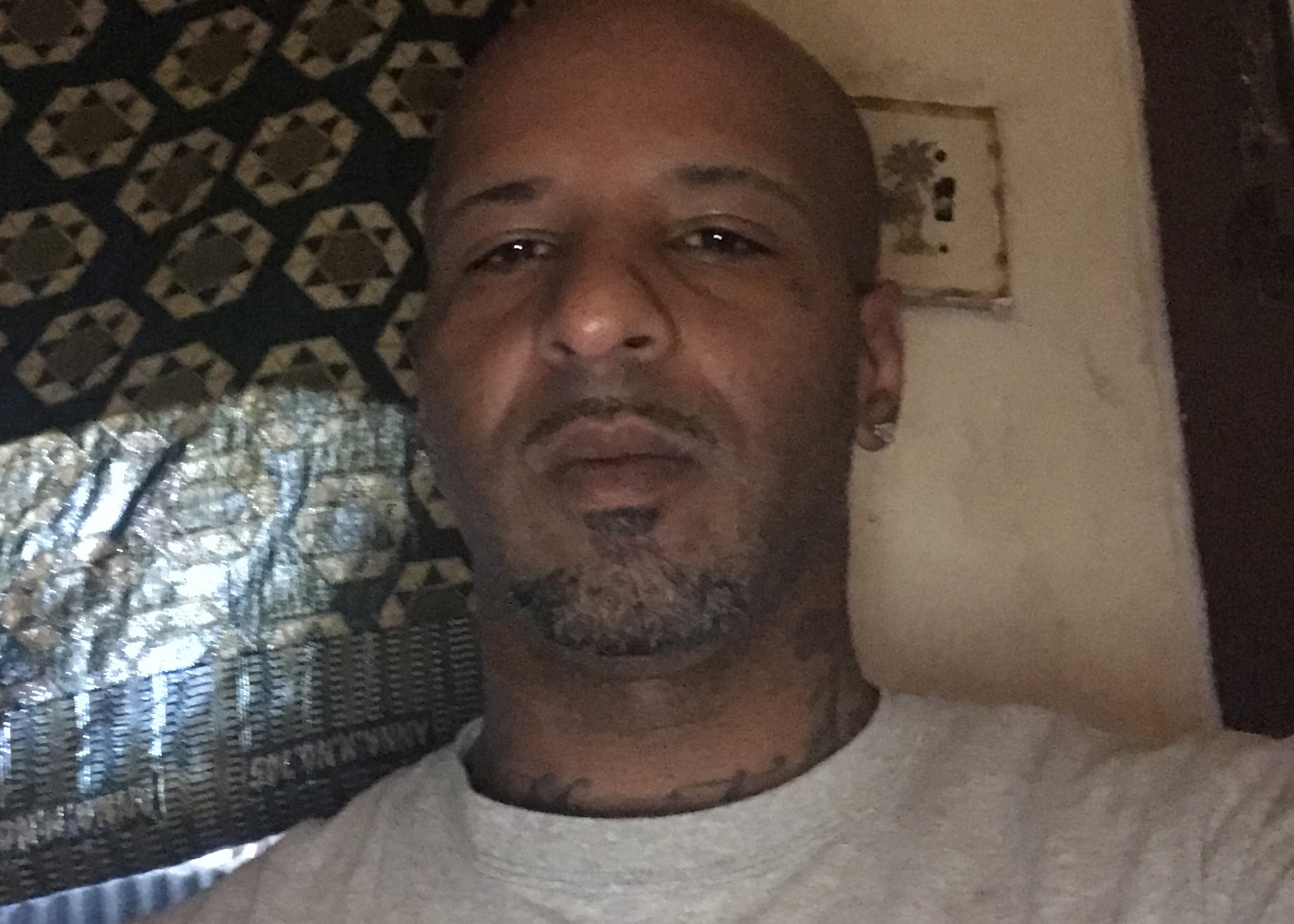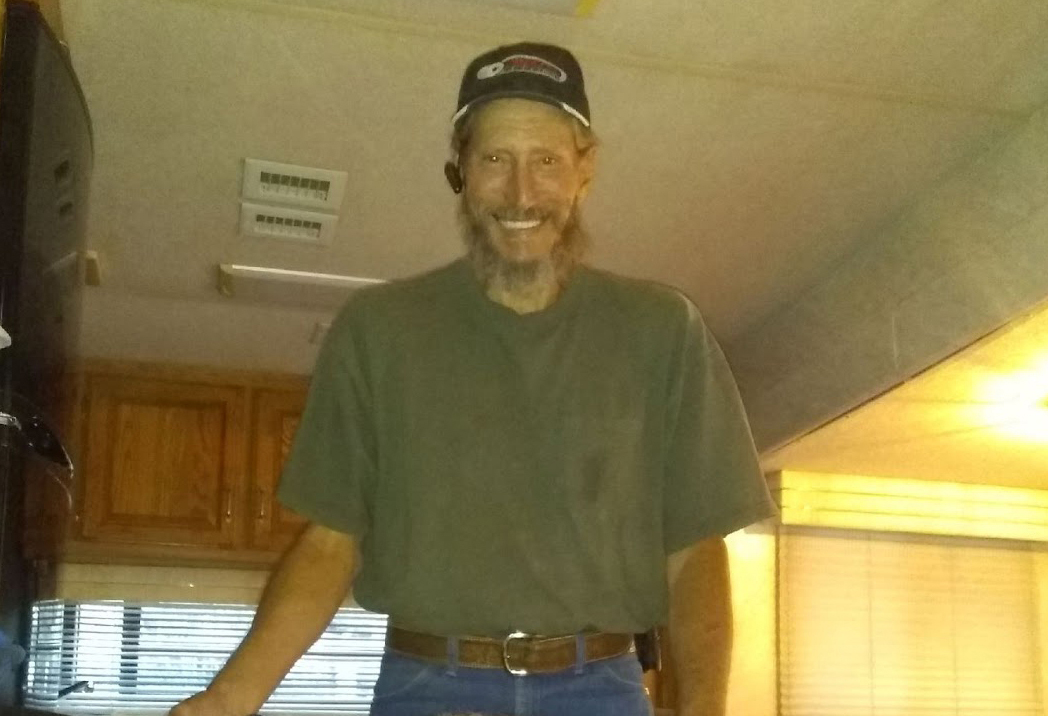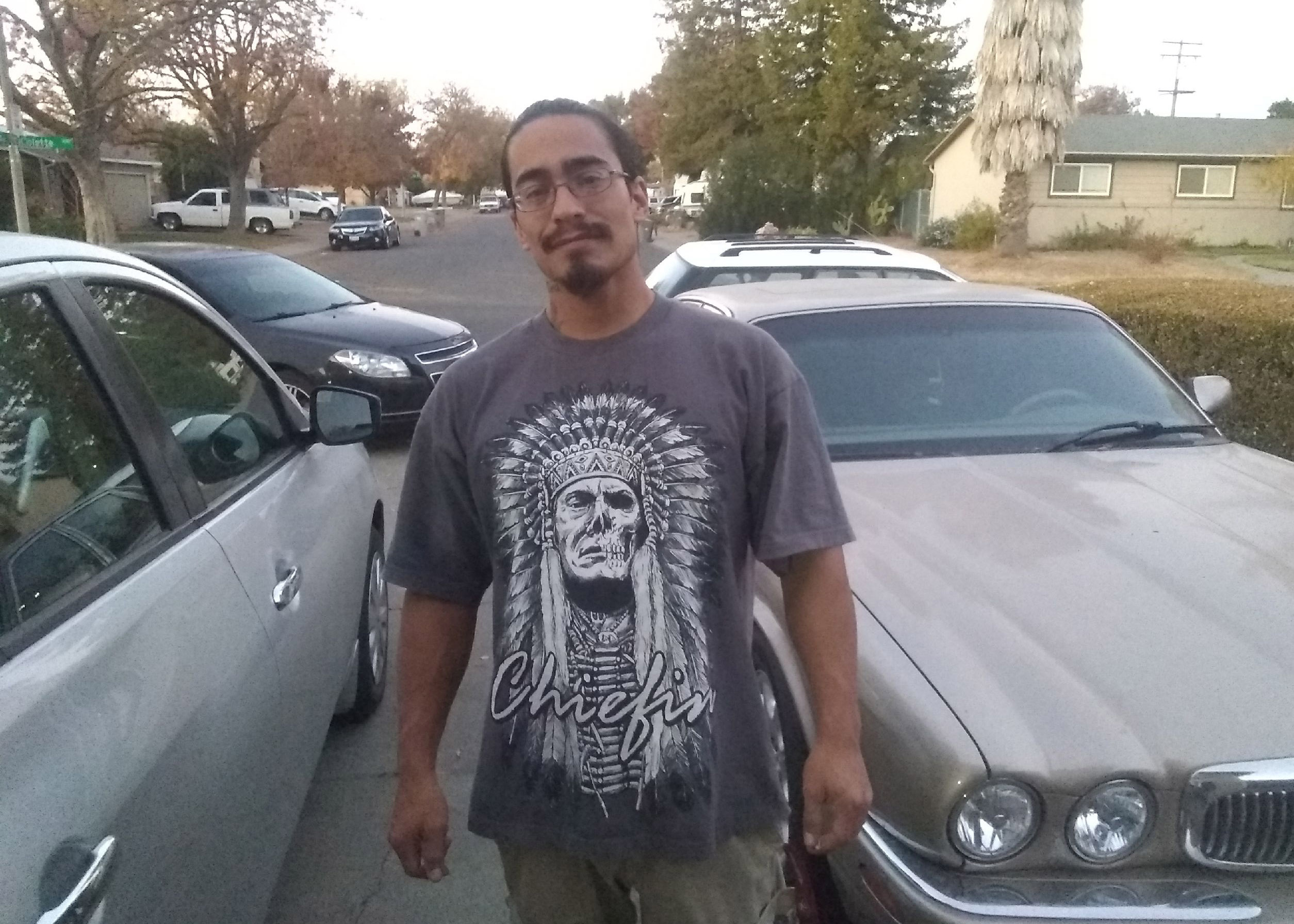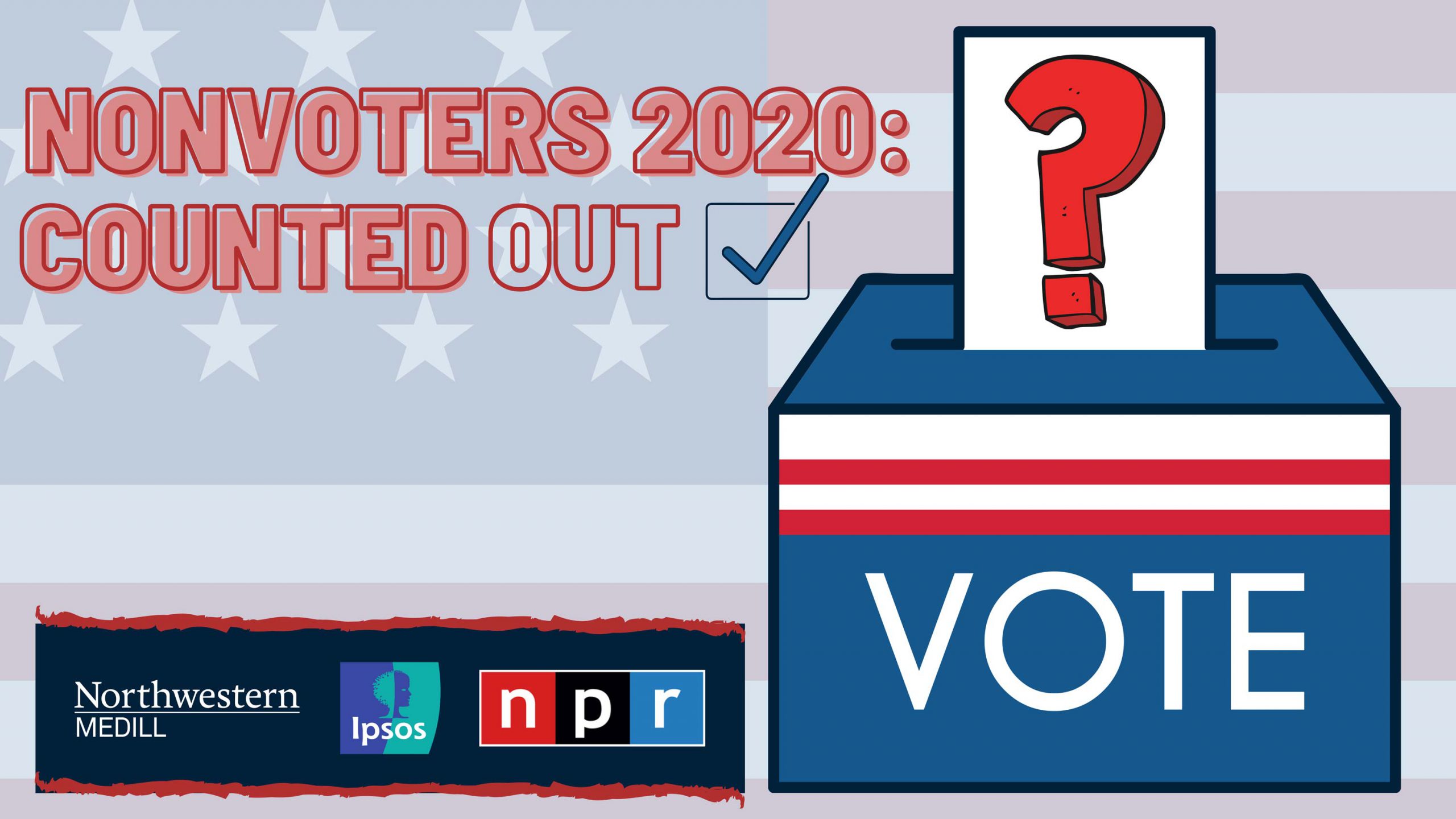
Apathetic
This year’s survey found that the 80 million people who didn’t vote in this presidential election are more set in their belief that voting just doesn’t matter.
Nonvoters in 2020 were about three times as likely to think that “I’m only one person, so my vote doesn’t make a difference.”
Over half of nonvoters said they believed that who was elected president made no difference—more than double the number of voters who said the same.
And when nonvoters were asked what would encourage people like them to vote in the future, one in three responded “nothing.”
When nonvoters were asked why they didn’t cast a ballot in 2020, their top responses reflected apathy too.
Alienated
Nonvoters surveyed in 2020 expressed feelings of alienation from the political process and isolation from voters en large.
Nonvoters said they mostly socialize with other nonvoters and rarely discuss politics with friends or family when compared with voters.
Fewer nonvoters than voters said they follow the news by watching TV, surfing the web or reading the news every day or several days a week.
Almost half of nonvoters said that what happens in Washington does not affect them personally compared with a third of voters
A Lack of Hope
For some questions, voters and nonvoters had no problem seeing eye to eye.
About 70% of both voters and nonvoters in the survey said that the country is on the wrong track.
Nonvoters were more likely than voters to believe that politicians and political parties just don’t care about people like them—but only by a few percentage points. The majority of both voters and nonvoters agreed with the statement.
A majority of both voters and nonvoters also agreed that “the mainstream media is more interested in making money than telling the truth” and that the American economy is “rigged to advantage the rich and powerful.”
Counted Out: A podcast about the nonvoters of 2020
The Medill School of Journalism, Media, Integrated Marketing Communication, in partnership with National Public Radio, commissioned Ipsos to conduct a survey of U.S. adults to better understand the reasons why some American did not vote in the 2020 presidential election.
Ipsos used its Ipsos KnowledgePanel research methodology. The panel members are recruited through probability sampling methods using address-based sampling. Panel members who do not have internet access are provided with a netbook and internet service. Because KnowledgePanel is probability-based and avoids self-selection bias, it provides a reliable, representative sample of the population.
The approximately 15-minute survey of 1,843 adults – 1,103 nonvoters and 740 voters – began Nov. 4 and ended Nov. 13; it was fielded in both English and Spanish, and it could be answered on mobile phone, tablet or computer.
The margin of sampling error among the total sample is plus or minus 2.9 percentage points at the 95% confidence level. The margin of sampling error takes into account the design effect, which was 1.58 percentage points for all respondents. The margins of sampling error for nonvoters and voters are plus or minus 3.5 and 3.9 percentage points, respectively, at the 95% confidence level.
The Medill School of Journalism, Media, Integrated Marketing Communication, in partnership with National Public Radio, commissioned Ipsos to conduct a survey of U.S. adults to better understand the reasons why some American did not vote in the 2020 presidential election.
Ipsos used its Ipsos KnowledgePanel research methodology. The panel members are recruited through probability sampling methods using address-based sampling. Panel members who do not have internet access are provided with a netbook and internet service. Because KnowledgePanel is probability-based and avoids self-selection bias, it provides a reliable, representative sample of the population.
The approximately 15-minute survey of 1,843 adults – 1,103 nonvoters and 740 voters – began Nov. 4 and ended Nov. 13; it was fielded in both English and Spanish, and it could be answered on mobile phone, tablet or computer.
The margin of sampling error among the total sample is plus or minus 2.9 percentage points at the 95% confidence level. The margin of sampling error takes into account the design effect, which was 1.58 percentage points for all respondents. The margins of sampling error for nonvoters and voters are plus or minus 3.5 and 3.9 percentage points, respectively, at the 95% confidence level.

